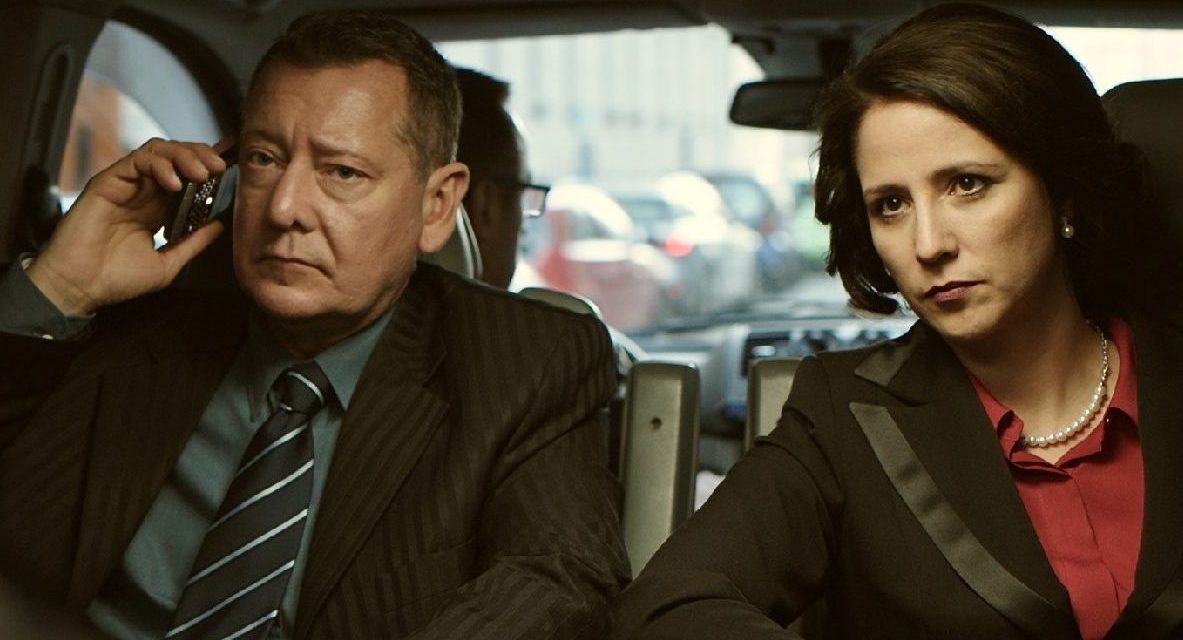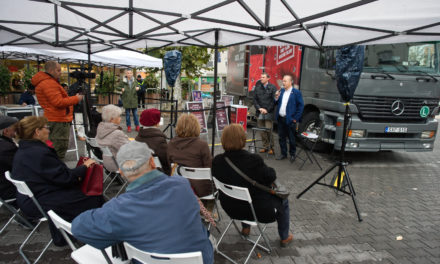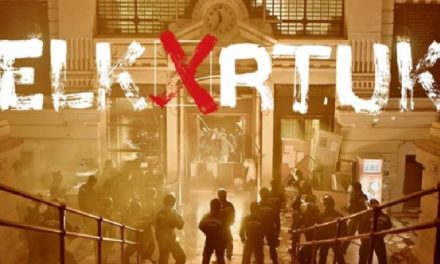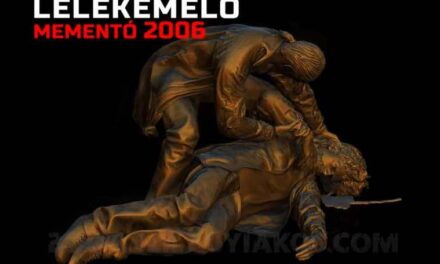The trial of the film Elk*rtuk, which recalls the events of 2006, started a few days ago after Hann Endre, the head of the Median polling company, initiated proceedings against Megafilm Kft., the producer of the film. But is a fictional story that is only partially based on reality really fit for court? - this is what they sought to answer in the broadcast of the M5 program Ez itt a químál, whose guests were producer Gábor Kálomista, lawyer Máté Tóth and filmmaker László Deák-Sárosi.
Gábor Kálomista said that the trial in the case has already taken place and the next trial will take place on October 11. The subject of the lawsuit is the violation of personal rights and related damages, as well as refraining from further violations.
The bottom line is that Hann would like to receive compensation, apologize and stop screening the film. The court will therefore examine what damage the film caused to Endre Hann.
Lawyer Máté Tóth said that there are a lot of personal law lawsuits, but most of them are not of a film nature.
Freedom of art and expression may conflict with the right to privacy, but
protecting the right to privacy does not mean paralyzing public discourse as a permanent brake.
Especially not if the person is a public figure and if the weighting role of law comes to the fore, then "law is not a nursemaid" behind which one can hide due to perceived or real grievances.
The film esthete László Deák-Sárosi spoke about the fact that even in a work of fiction one must adjust to reality to some extent, so one should not claim the opposite of what happened. In the majority of cases, however, such cases have to be resolved in social and aesthetic debates, rarely reaching the point of becoming a court case.
According to Gábor Kálomista, this film cannot be destroyed, no matter how hard they try. It was the most viewed Hungarian film last year, so its success is unquestionable. The film delivered exactly what was expected of it. You can sue, but in this case it is worth pointing out that this is still a film in which the two protagonists are fictitious persons.
The producer stated that the film was made to the best of their ability and with the most available information and
if the actors, the easily identifiable actors Gyurcsány, Dobrev or György Szilvásy, have a problem, then you have to sit down and tell them what happened.
When asked whether Endrét in the film was based on a real person or a type of pollster, Kálomista answered that in 2006
Endre Hann and, for example, Gergely Karácsony were close to the government at the time, as evidenced by documents.
The genre requires that the depicted events be true to reality, but there are obviously fictional threads that make the film a film.
Máté Tóth talked about how the film deals with a historical event mixed with fictional threads. According to statistics, the first-instance decisions in such cases are not always the most well-founded and biased decisions. In the film, however, he deals with a public case, and this can be a very important argument in court.
In the case of a public matter, the limit of the violation of personal rights is quite different.
László Deák-Sárosi believed that there is a strong left-wing predominance in cinematography, this is the tradition, this is what they have built for themselves. At the same time, they also built the idea that anything is permissible in art, so this can be debated, but it does not reach the level of a court case. A double system of values is present when, in a situation favorable to them, artistic freedom is exercised, while at other times they would ban something.
According to the film esthete, there is an attempt at censorship.
Source: hirado.hu
Cover image: Scene from the film (Photo: MEGAFILM)












